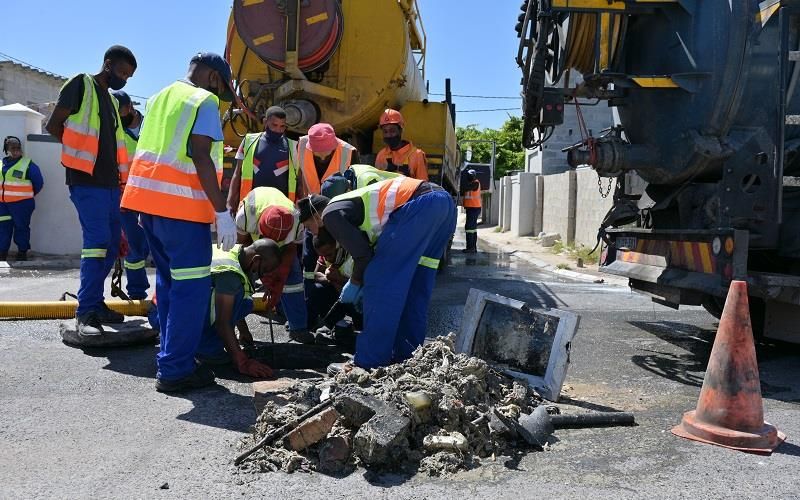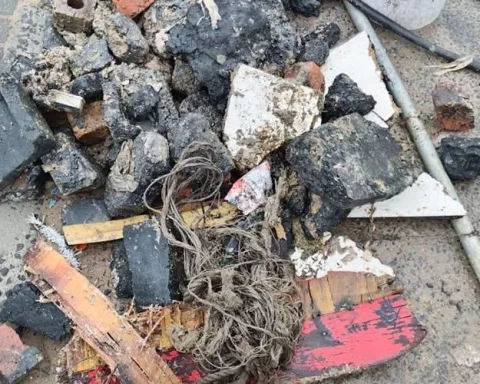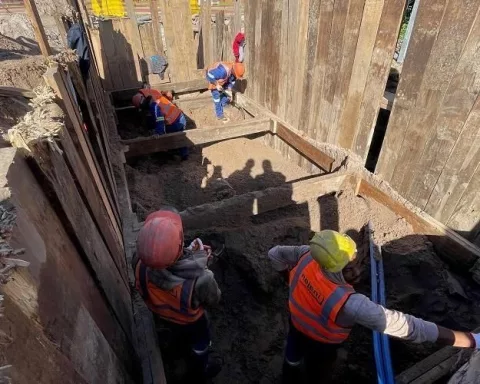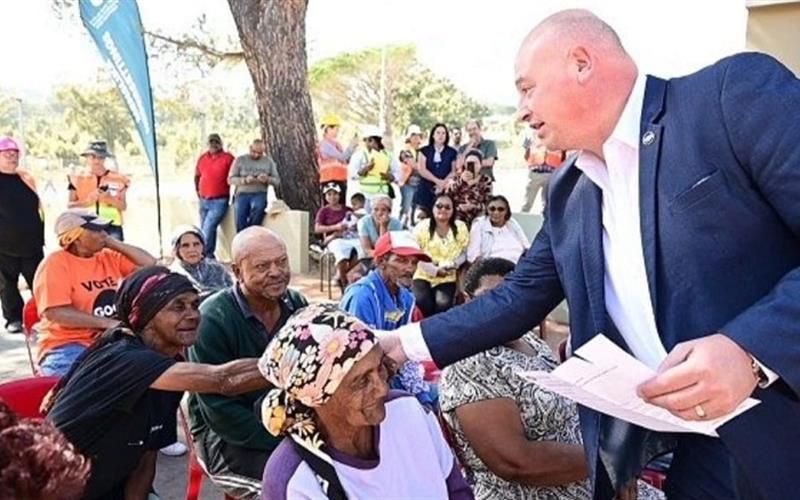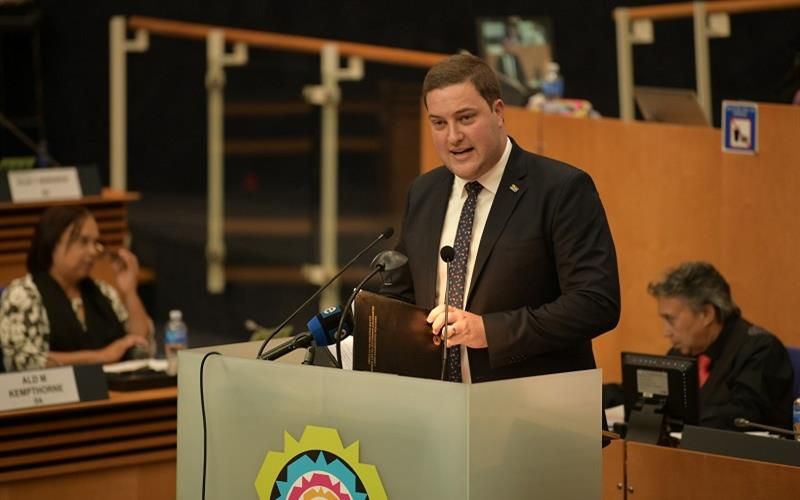Cape Town residents urged to report sewer overflows
The City of Cape Town is urging its residents to report sewer overflows immediately through official city channels such as WhatsApp and the City’s website. It is essential to report these incidents promptly during high, prolonged stages of load-shedding and heavy rain when sewer spills and overflows are more likely.
Residents encouraged to report any sewer overflows
Residents are being encouraged to be the eyes and ears on the ground and report any sewer overflows and spills they witness. With the use of WhatsApp and the online portal, reporting these incidents is only a few clicks away. The City’s Water and Sanitation team has requested that residents upload photographs to help explain or provide context to their service requests.
Sewer pump stations require electricity
The City’s sewer pump stations require electricity to function effectively and convey sewage to Wastewater Treatment Works (WWTWS) where it can be treated. However, with high, prolonged stages of load-shedding, there could be sewer spills and overflows, despite the City’s contingency measures. Dumping inappropriate materials in the sewer system can also lead to blockages.
Rainwater adds to the strain on the system
During wet weather, rainwater can also enter the sewer network via broken or missing manhole covers, adding to the wastewater flowing through the pipes and placing more strain on the system. To reduce the load, residents need to ensure that their stormwater downpipes are not connected to the sewer gullies or infrastructure on their properties.
City implements measures to reduce impact of load-shedding
The City has implemented several measures to reduce the impact of load-shedding, including the installation of permanent generators at all wastewater treatment plants to keep priority treatment processes active, fitting larger priority sewer pump stations with permanent generators, and having maintenance staff on standby to use contingency measures such as mobile pumps and sewer suction tankers to reduce overflows.
Residents can help prevent sewer overflows
Residents can help prevent sewer overflows by not flushing anything other than human waste and toilet paper, using the City’s solid waste services provided to get rid of their waste, and checking for illegal stormwater-to-sewer cross-connections on their properties. They can also report sewer blockages and overflows so they can be cleared in a reasonable timeframe, given the current power situation, and report vandalism to the sewage reticulation system.
Official reporting channels
Residents can log water and sanitation service requests using one of the City’s official reporting channels, including WhatsApp, online, email, SMS, phone, or visiting a City walk-in centre. They can also submit photographs of the incident via WhatsApp, online, and email.
Working together to ensure an efficient sewer system
By working together and reporting issues promptly, residents can help ensure that the City’s sewer system functions effectively and efficiently, reducing the risk of sewer spills and overflows that can cause inconvenience and harm to the environment.

